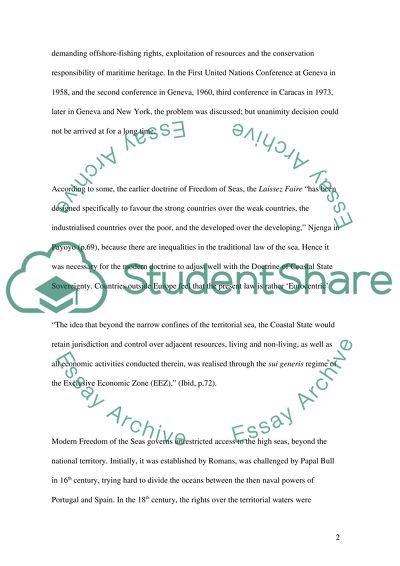Cite this document
(“Shipping Law Master Essay Example | Topics and Well Written Essays - 3000 words”, n.d.)
Retrieved from https://studentshare.org/law/1504067-shipping-law-master-essay
Retrieved from https://studentshare.org/law/1504067-shipping-law-master-essay
(Shipping Law Master Essay Example | Topics and Well Written Essays - 3000 Words)
https://studentshare.org/law/1504067-shipping-law-master-essay.
https://studentshare.org/law/1504067-shipping-law-master-essay.
“Shipping Law Master Essay Example | Topics and Well Written Essays - 3000 Words”, n.d. https://studentshare.org/law/1504067-shipping-law-master-essay.


